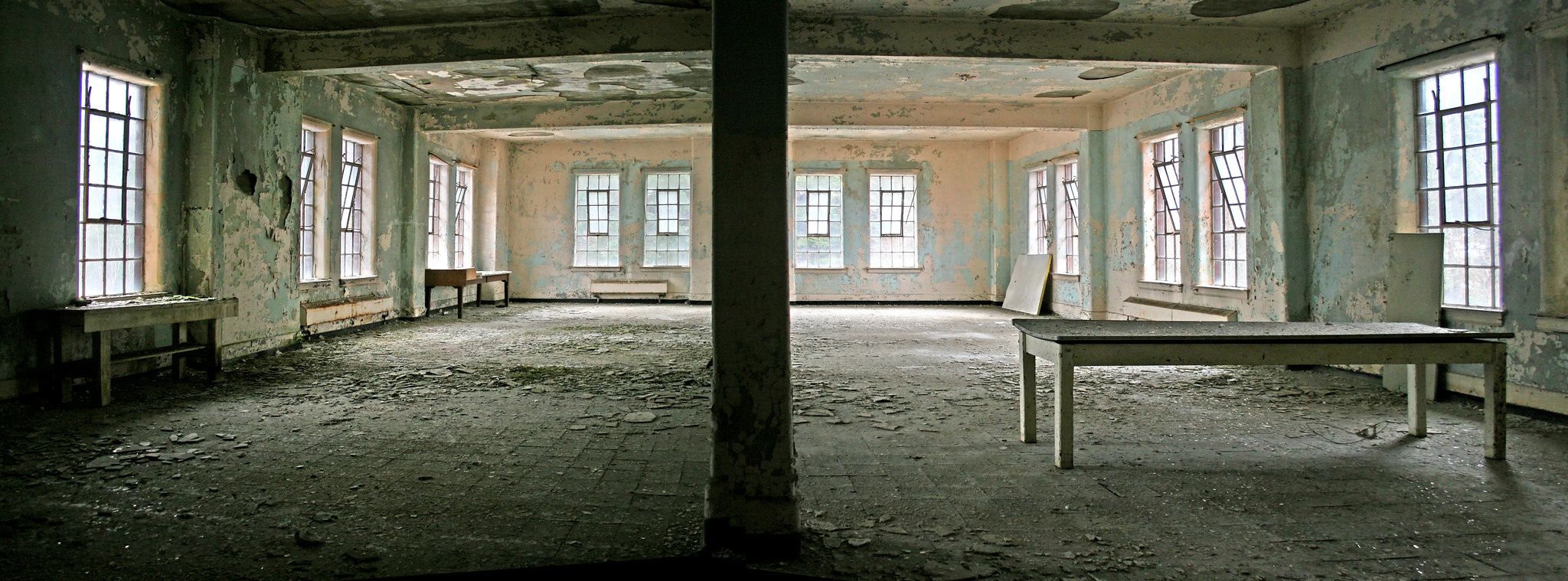Earlier today, the minister of social affairs and housing, Pernille Rosenkrantz-Theil, announced that an apology will be made by the state for abuses carried out in care homes, DR reports.
The transgressions took place between 1933 and 1980 in the sector once known as ‘care for the special and mentally retarded’. The intended apology follows a government investigation, published last year, which revealed the extent of the abuse over that period.
In that timeframe, 27,500 Danes were placed in special-needs care. Many of them reportedly suffered sexual abuse and violence.
At present, the state has not issued an official apology for the handling of the situation. Rosenkrantz-Theil says it should be issued in May.
Eugenics
One of the most shocking aspects of the investigation is the enforced sterilisation of people with physical or mental defects.
This practice began after sterilisation was legalised in 1929. The new law met little resistance from the government at the time and came in the wake of a public discussion about eugenics.
“Approximately 11,000 people were sterilised between 1929 and 1967, when legislation for compulsory sterilisation was eliminated,” according to the Eugenics Archives.
“Sterilisation declined rapidly in the mid-1940s to 1950s, however, in the aftermath of World War II,” claims the website. “In 1997, the government of Denmark began an official investigation into the sterilisation law. The results of this investigation are unknown, as well as any resulting compensation.”
Case reopened
After the 1997 investigation did not lead to a resolution, Astrid Krag, the previous government’s minister of social affairs, opened a new one.
The discoveries were shocking, prompting many relatives of those affected to launch lawsuits against the government.
The apology will have no immediate effect on whether the aggrieved will receive compensation.
Questions remain over why the government has taken 43 years since the closure of the old-style care homes to arrive at an admission of wrongdoing.
For now the state can only say sorry unofficially, according to Rosenkrantz-Theil, who clarified: “We offer a profound apology from the state to those people who have been subjected to some completely incomprehensible abuse in the state’s custody.”














